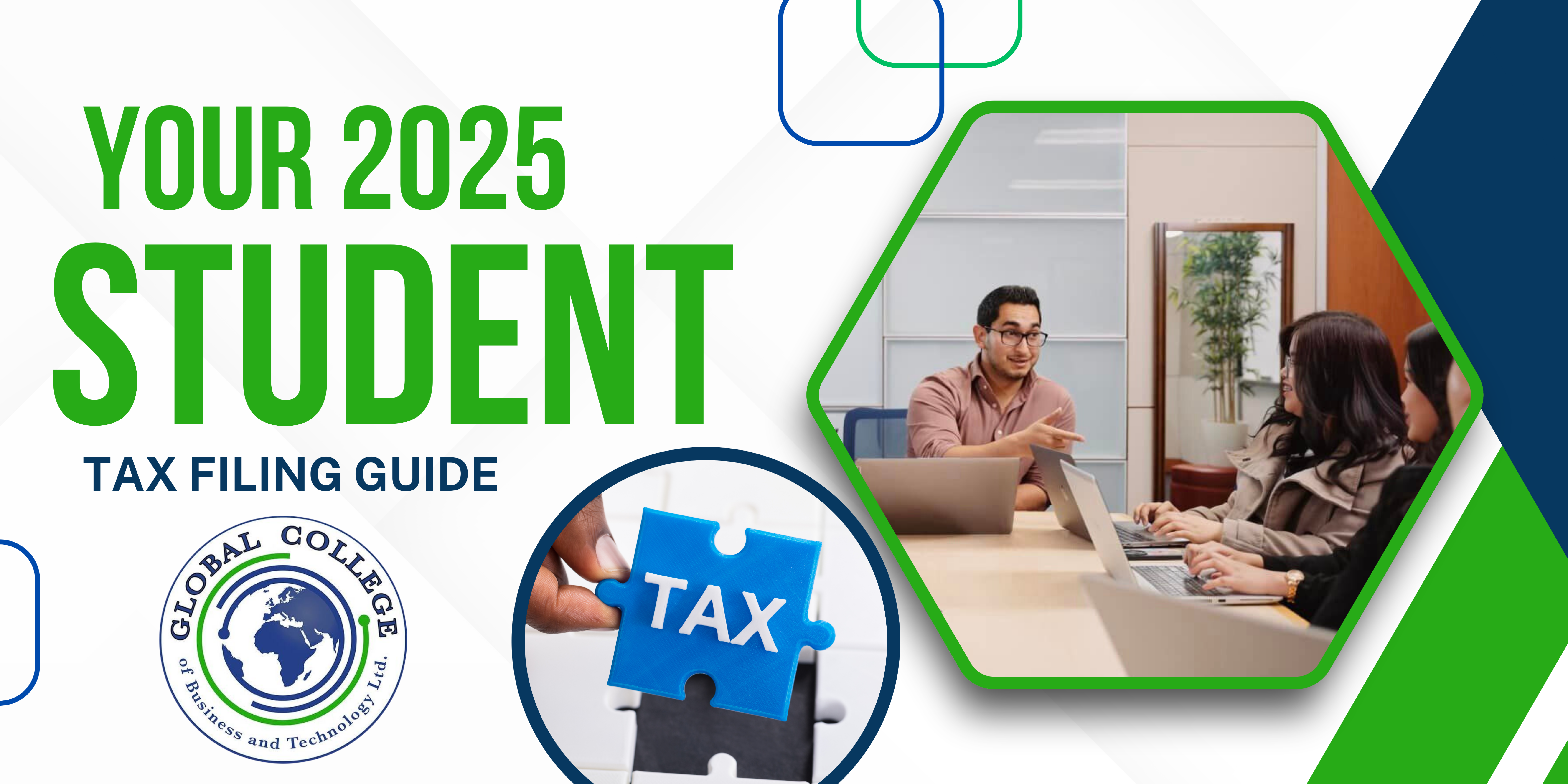
Your 2025 Guide to Filing Taxes as a Student in Canada: Tips, Credits, and Deadlines Made Simple.
Tax season can feel overwhelming, especially if you’re a student filing taxes for the first time. But don’t worry—we’ve got you covered! This guide will walk you through everything you need to know about filing taxes as a student in Canada.
Why Students Should File Taxes
Even if you didn’t earn much income in 2024, filing your taxes is important. Here’s why:
- Claim Tax Credits: You may be eligible for credits which can reduce the amount of tax you owe or even increase your refund.
- Access Government Benefits: Filing taxes ensures you’re considered for benefits like GST/HST credit and more.
- Avoid Penalties: If you owe taxes, filing on time helps you avoid late fees and interest charges.
Key Tax Deadlines for 2025
- April 30, 2025: The deadline for most Canadians to file their taxes.
- June 15, 2025: The deadline for self-employed individuals to file their taxes. However, if you owe taxes, payment is still due by April 30.
Pro Tip: File early to avoid the last-minute rush and get your refund sooner!
What You’ll Need to File Your Taxes
Before you start, gather these documents:
- T2202A – Tuition and Enrolment Certificate: This form is provided by your school and shows the amount of tuition you paid in 2024.
- T4 – Statement of Remuneration Paid: If you worked part-time or during the summer, your employer will provide this form.
- T4A – Statement of Pension, Retirement, or Other Income: This may apply if you received scholarships, bursaries, or grants.
- Social Insurance Number (SIN): You’ll need this to file your taxes.
- CRA My Account Information: If you’ve signed up for the CRA’s online portal, you can access many of your tax documents there.
Tips for Filing Your Taxes
- Use Free Tax Software: The CRA offers a list of certified tax software, including free options like TurboTax Free, Wealthsimple Tax, and StudioTax.
- Double-Check Your Return: Make sure all your information is accurate and complete before submitting.
- Seek Help if Needed: If you’re unsure about anything, consider visiting a free tax clinic or consulting a tax professional.
What Happens After You File?
- Receive Your Notice of Assessment (NOA): The CRA will send you an NOA after processing your return. It will show your refund amount, balance owing, or any changes made to your return.
- Check for Benefits: Filing your taxes ensures you’re considered for benefits like the GST/HST credit and Canada Child Benefit (if applicable).
- Save Your Documents: Keep your tax documents for at least six years in case the CRA requests them.
Final Thoughts
Filing taxes as a student doesn’t have to be stressful. By understanding the process, gathering the right documents, you can make tax season a breeze.



